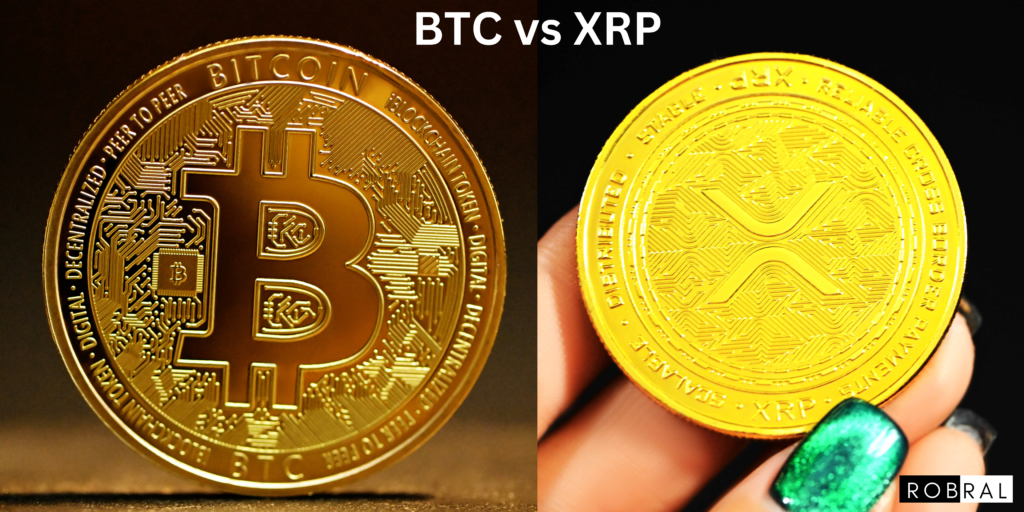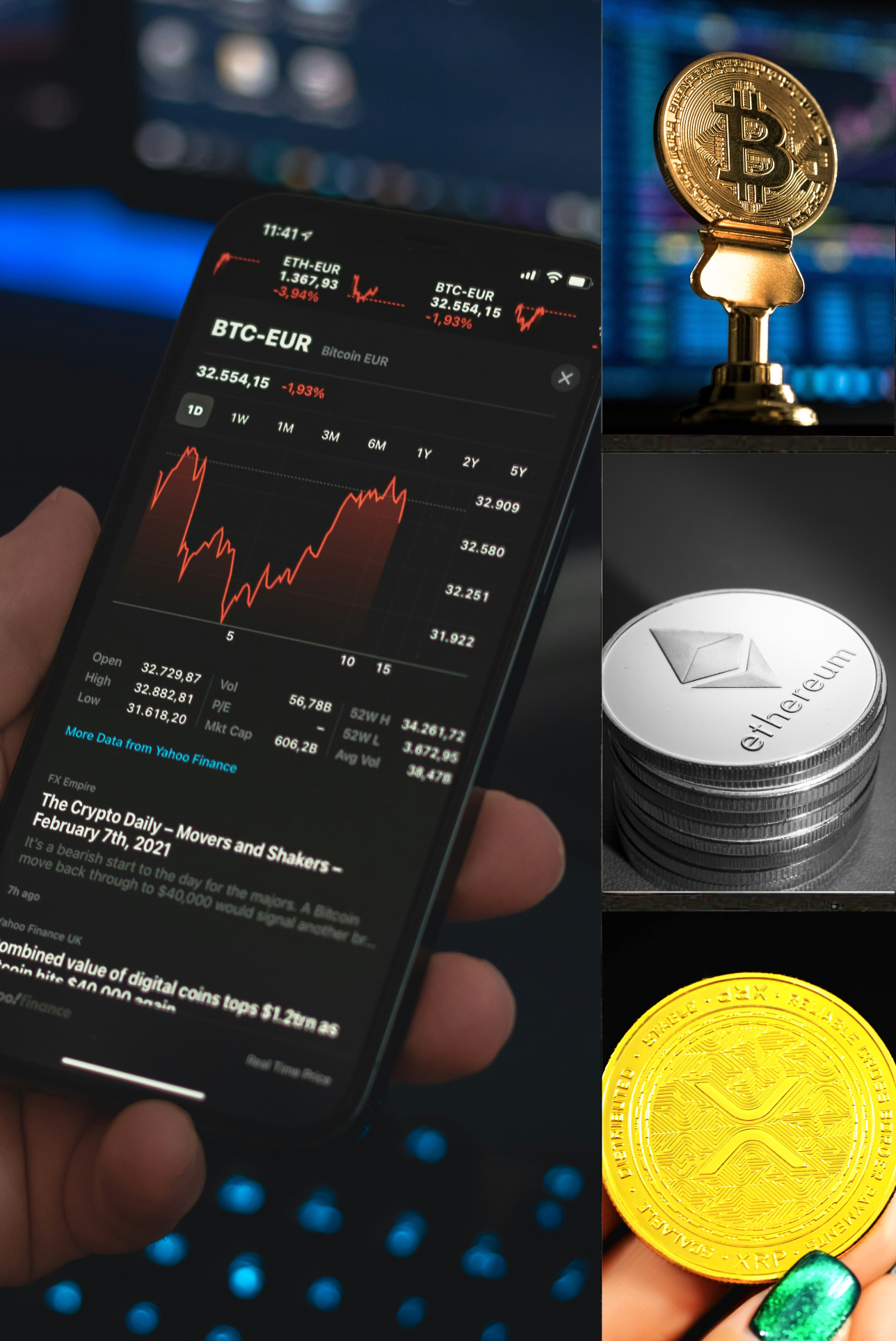Quantum Blockchain: A promising outlook on the future of decentralization.
The future of Blockchain lies in this blog…
Before jumping into quantum blockchain let’s understand what blockchain is.
Blockchain, as highlighted by Swan (2015), represents a novel approach to computer technology encompassing distributed data storage, point-to-point transmission, consensus mechanics, and encryption algorithms. Serving as the foundational technology for Bitcoin, it essentially operates as a decentralized database. In contrast to conventional distributed storage systems, each node within the blockchain network maintains a copy of the entire database. The inherent qualities of decentralization, openness, and tamper-proof information storage make blockchain highly versatile, finding applications across digital currency, the information security industry, and the realm of smart contracts.

What is Quantum Blockchain?
Quantum blockchain emerges as a decentralized, encrypted, and distributed database rooted in quantum computation and information theory. The integration of quantum principles ensures the immutability of recorded data, safeguarding it against malicious tampering. With the continual advancements in quantum computation and information theory, an increasing number of researchers are directing their focus towards the exploration and development of quantum blockchain.
What is quantum blockchain network?
Within the quantum blockchain network, each individual node securely maintains a duplicate of the blockchain, a structure reminiscent of its classical counterpart. The primary objective persists in the decentralized addition of valid blocks. However, a notable challenge emerges in this quantum landscape, where the network is susceptible to the presence of deceitful nodes, and the blocks generated may emanate from untrustworthy origins.
Tackling the issue of dishonest nodes becomes paramount to ensuring the integrity and security of the quantum blockchain network. Such nodes may endeavor to compromise the decentralized essence of the system by introducing fraudulent or malicious blocks. Consequently, the imperative lies in developing and implementing robust mechanisms that can effectively identify and mitigate the impact of dishonest nodes.
Furthermore, the credibility of the blocks themselves assumes a critical role. Diverging from classical blockchain networks, the quantum blockchain confronts the added intricacy of potentially receiving blocks from sources harboring malicious intent. This underscores the need to explore and incorporate quantum-resistant cryptographic techniques and consensus algorithms resilient to quantum threats, fortifying the network against adversarial influences.
To bolster the resilience of the quantum blockchain network, sustained research and development efforts should concentrate on enhancing validation processes, integrating quantum-resistant cryptographic protocols, and formulating strategies for the effective detection and isolation of dishonest nodes. The pursuit of these advancements will contribute significantly to establishing a secure and trustworthy quantum blockchain ecosystem.
Some more information from our latest research.
- Introducing the application of quantum algorithms to specific sections of the general blockchain, emphasizing the performance advantages of quantum blockchain in those particular domains.
- Similar to classical blockchain, quantum blockchain preserves decentralization features, with its distinctiveness lying in heightened safety and efficiency.
- Security within quantum blockchain is of utmost importance, ensured through the utilization of quantum physics properties for network authentication.
- Traditional digital signatures, used in classical blockchain for verifying ownership, face vulnerabilities against quantum computer attacks, necessitating quantum-resistant alternatives.
- Addressing this concern requires the implementation of a quantum digital signature scheme, as proposed by Gottesman and Chuang in 2001, in quantum blockchain applications.
- Quantum blockchain exhibits quantum security characteristics, offering immunity against potential attacks from quantum computers and ensuring robust security measures.
- Quantum blockchain also stands out for its rapid transaction processing speeds, enhancing the overall system’s efficiency.
- The integration of quantum technology into blockchain is poised to advance cryptocurrency development by bolstering security and expediting transaction processing.
We hope that you liked the blog, this information is up to the mark according to latest research done by our team. Reach out to us and mail to : sales@robraltechnologies.tech if you want to get started today.




